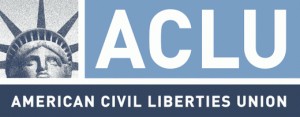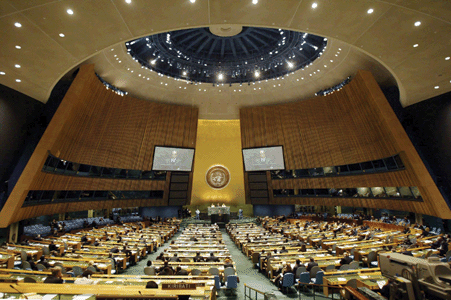ACLU: 100 Years of Protection
Monday, January 20th, 2020January 20, 2020
Yesterday, January 19, was the 100th anniversary of the founding of the American Civil Liberties Union (ACLU), a nonpartisan organization devoted to defending the rights and freedoms of people in the United States. The ACLU works mainly by providing lawyers and legal advice for individuals and groups in local, state, and federal courts. ACLU officials also testify before state and federal legislative committees, advise government officials, and conduct educational programs. The chief goal of the ACLU is to protect the fundamental rights of individuals as described in the Constitution of the United States.
In 1917, a group of social activists founded the National Civil Liberties Bureau (NCLB) to support the Bill of Rights. The NCLB was led by Roger Baldwin, a social worker and civil rights champion, and Crystal Eastman, a lawyer and leader in the woman suffrage and equal rights movements. The NCLB became the ACLU in 1920, the same year that women in the United States won the right to vote.
The ACLU has defended the constitutional rights of a wide range of individuals and groups. It played an important part in Supreme Court rulings that guaranteed legal aid to poor people. The group has supported fair treatment of conscientious objectors, people whose conscience does not allow them to take part in war. The ACLU urged the desegregation of schools and promoted the African American civil rights movement. One of the current goals of the ACLU is the abolition of capital punishment. The group also calls for further restrictions on government investigative agencies and for stricter separation of church and state. In addition, it seeks greater protection for the rights of immigrants who enter the United States without the required papers and for the rights of lesbian, gay, bisexual, and transgender people.
The ACLU has played a significant part in some of the landmark civil rights cases in American history. The ACLU backed both biology teacher John Scopes and attorney Clarence Darrow in the Scopes trial of 1925, which challenged a Tennessee law that outlawed the teaching of evolution in schools. During World War II (1939-1945), the ACLU fought against the internment of Japanese Americans. In 1954, the ACLU joined with the National Association for the Advancement of Colored People (NAACP) to challenge racial segregation in public schools. The ACLU defended individual freedom of speech in 1968 and women’s reproductive rights in 1973. In 1978, the ACLU famously defended the free speech of an American Nazi group who wanted to march in Illinois. The ACLU believes that constitutional rights apply to everyone regardless of individual ideology.





